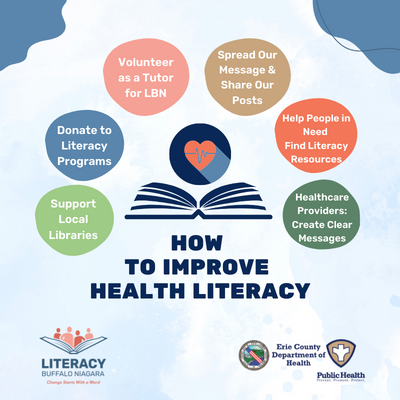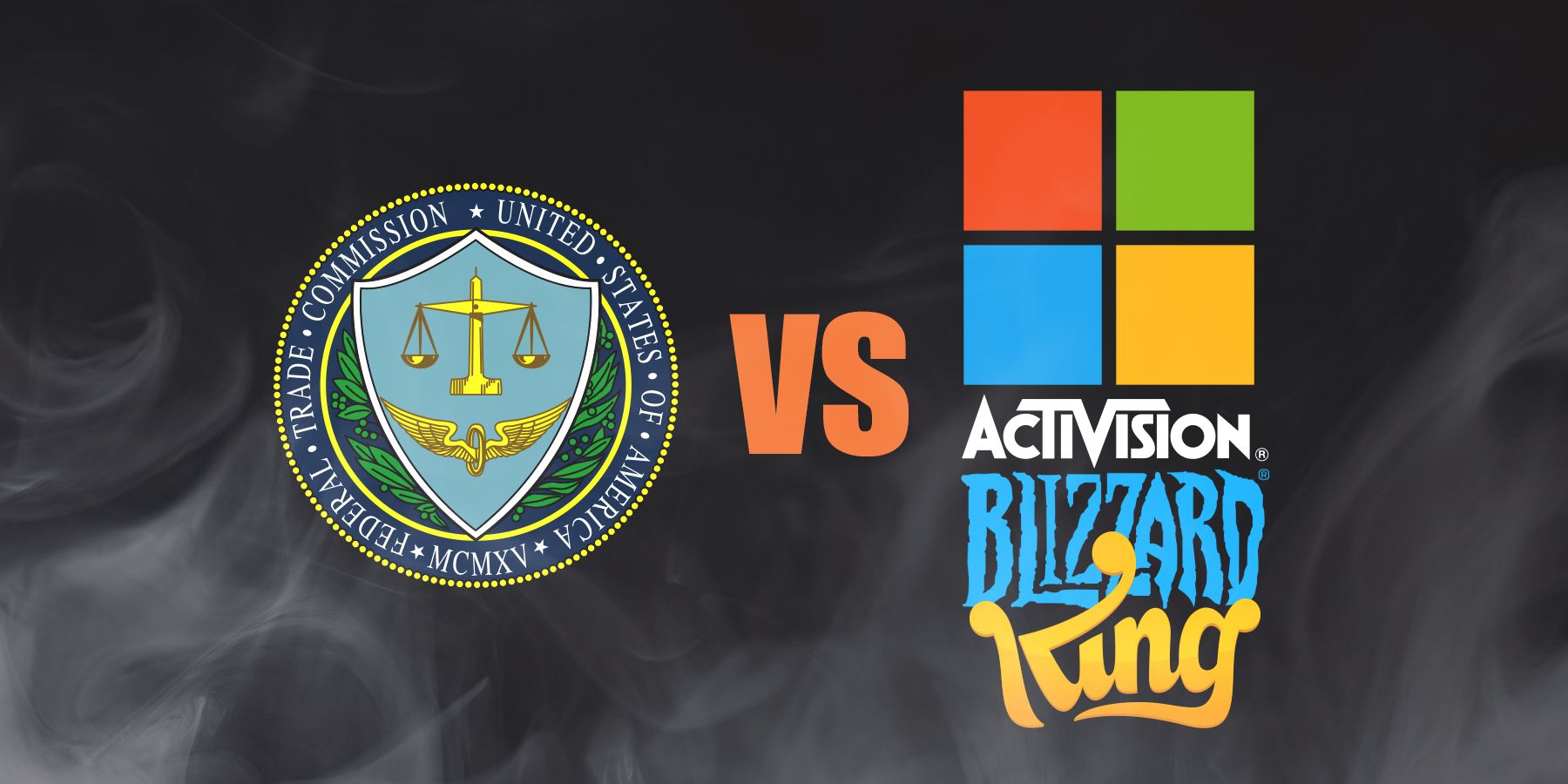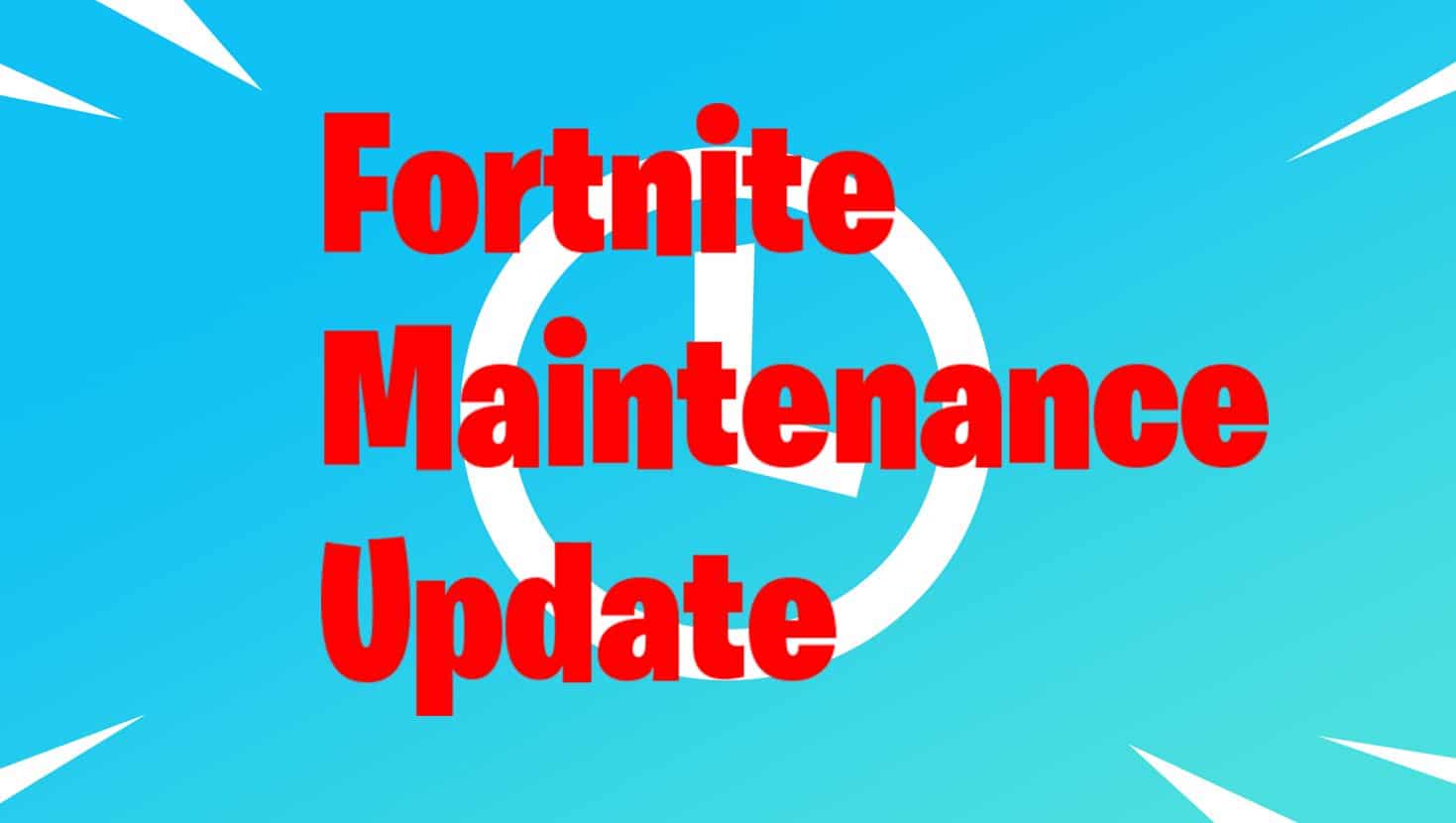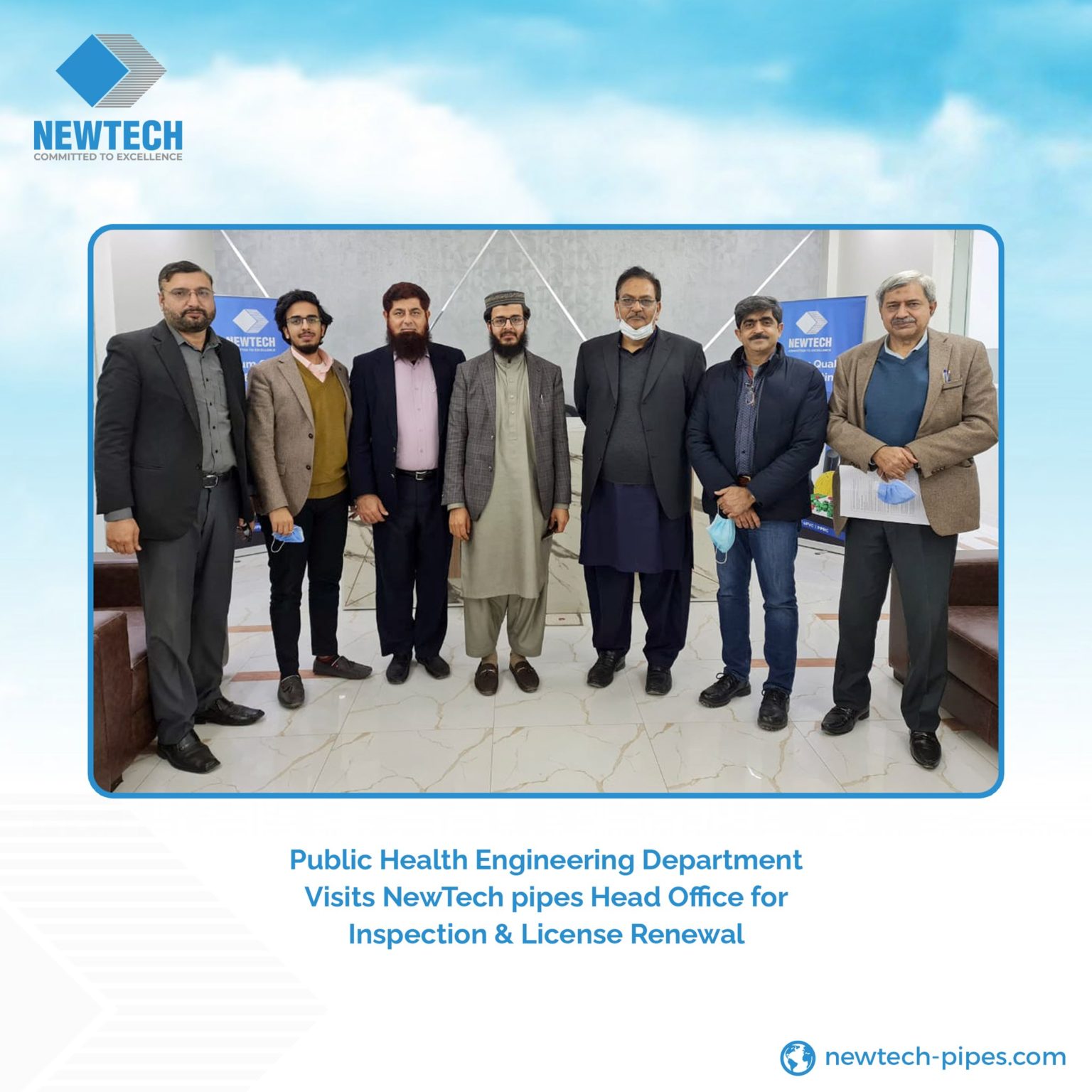Mental Health Literacy Education: Empowering Individuals And Communities

Table of Contents
Understanding Mental Health Literacy
Mental health literacy encompasses the knowledge and skills needed to recognize, understand, and respond to mental health issues. It's about moving beyond simple awareness to actively engaging with mental well-being. Key components of effective mental health literacy include:
- Recognizing symptoms: Learning to identify the signs and symptoms of common mental health disorders like anxiety, depression, bipolar disorder, and schizophrenia is crucial for early intervention. This includes understanding the differences between normal emotional fluctuations and diagnosable conditions.
- Understanding risk and protective factors: Recognizing factors that increase the risk of mental illness (e.g., genetics, trauma, stress) and protective factors (e.g., strong social support, coping skills) allows for proactive strategies to prevent or mitigate mental health problems.
- Knowing available resources: This involves familiarity with various support systems, including crisis hotlines (like the 988 Suicide & Crisis Lifeline), therapists, psychiatrists, support groups (such as NAMI), and online resources. Knowing where to turn for help is vital.
- Reducing stigma: Challenging negative stereotypes and misconceptions about mental illness is a crucial element of mental health literacy. Openly discussing mental health and promoting understanding helps create a more accepting and supportive environment.
Early identification and intervention are paramount. The earlier a mental health condition is addressed, the better the chances of successful treatment and improved outcomes. While physical health literacy focuses on understanding physical ailments, mental health literacy focuses on the emotional and psychological aspects of well-being, often overlooked in traditional healthcare models.
The Impact of Mental Health Literacy Education on Individuals
Investing in mental health literacy education provides significant individual benefits:
- Increased self-awareness: Education empowers individuals to recognize their own mental health needs and seek help when necessary. This leads to early help-seeking behavior, a crucial step in effective treatment.
- Improved coping mechanisms: Learning healthy coping strategies for stress, anxiety, and other challenges builds resilience and enhances the ability to navigate life's difficulties.
- Reduced stigma and increased help-seeking: Education combats stigma by normalizing mental health challenges and encouraging help-seeking, both for oneself and for others.
- Enhanced support for others: Individuals with higher mental health literacy are better equipped to support friends, family members, and colleagues experiencing mental health difficulties.
The personal benefits extend beyond individual well-being. Improved mental health correlates with stronger relationships, increased productivity at work or school, and a higher overall quality of life.
Building Mentally Healthier Communities through Education
Community-wide mental health literacy education initiatives are essential for creating a supportive and inclusive environment. These initiatives:
- Foster understanding and acceptance: By educating entire communities, we create environments where individuals feel comfortable seeking help without fear of judgment or discrimination.
- Reduce stigma at a societal level: Community-wide education tackles stigma head-on, creating a cultural shift towards greater understanding and empathy.
- Promote access to services: Educating communities about available resources increases utilization of mental health services, improving overall mental health outcomes.
- Empower community leaders: Training community leaders and organizations to become advocates for mental health increases the reach and effectiveness of education programs.
Successful community-based programs often involve partnerships between schools, healthcare providers, community organizations, and government agencies. The benefits for the community are profound, leading to a stronger social fabric, reduced healthcare costs associated with untreated mental illness, and increased economic productivity.
Effective Strategies for Mental Health Literacy Education
Effective mental health literacy education requires a multi-faceted approach:
- Diverse educational approaches: Workshops, online courses, public awareness campaigns, and interactive digital tools all play a vital role in reaching different audiences.
- Targeted outreach: Tailoring programs to specific audiences (schools, workplaces, community centers, faith-based organizations) ensures maximum impact.
- Inclusive education: Addressing the unique needs of diverse communities – considering factors like age, ethnicity, socioeconomic status, and cultural background – is crucial for effective and equitable education.
- Evidence-based materials: Utilizing evidence-based educational materials and resources guarantees that information is accurate, reliable, and effective.
- Program evaluation: Measuring the impact of mental health literacy programs is essential to refine strategies and maximize effectiveness. This can involve pre- and post-intervention assessments, surveys, and qualitative data collection.
Specific strategies may include interactive workshops focusing on practical coping skills, online modules delivering information at the learner's pace, and peer-to-peer support groups.
Conclusion
Investing in mental health literacy education is crucial for both individual well-being and the strength of our communities. By improving mental health literacy, we empower individuals to recognize and address their own mental health needs, support those around them, and build a more inclusive and understanding society. Increased awareness and proactive approaches to mental health are essential for building a brighter future for all. Enhance your understanding of mental health literacy today! Become a mental health literacy advocate in your community! Take the first step towards improving mental health literacy by exploring available resources from organizations like the National Alliance on Mental Illness (NAMI) and the MentalHealth.gov.

Featured Posts
-
 Ftc Appeals Activision Blizzard Deal Whats Next For Microsoft
May 02, 2025
Ftc Appeals Activision Blizzard Deal Whats Next For Microsoft
May 02, 2025 -
 Fortnite Downtime Update 34 30 Patch Notes And Server Status
May 02, 2025
Fortnite Downtime Update 34 30 Patch Notes And Server Status
May 02, 2025 -
 Teleurstelling In Oostwold Nieuw Verdeelstation Ondanks Verzet Bewoners
May 02, 2025
Teleurstelling In Oostwold Nieuw Verdeelstation Ondanks Verzet Bewoners
May 02, 2025 -
 Robinson Nuclear Plant Passes Safety Inspection License Renewal Could Extend To 2050
May 02, 2025
Robinson Nuclear Plant Passes Safety Inspection License Renewal Could Extend To 2050
May 02, 2025 -
 Kshmyr Brtanwy Parlymnt Ky Hmayt Ka Aelan
May 02, 2025
Kshmyr Brtanwy Parlymnt Ky Hmayt Ka Aelan
May 02, 2025
Latest Posts
-
 La Vision De Netanyahu Sur Le Soutien De Macron A Un Etat Palestinien
May 03, 2025
La Vision De Netanyahu Sur Le Soutien De Macron A Un Etat Palestinien
May 03, 2025 -
 Visage Emu De Macron Au Dela De La Douleur La Rencontre Avec Les Victimes De L Armee Israelienne
May 03, 2025
Visage Emu De Macron Au Dela De La Douleur La Rencontre Avec Les Victimes De L Armee Israelienne
May 03, 2025 -
 Position De Netanyahu Macron Se Trompe Gravement Sur L Etat Palestinien
May 03, 2025
Position De Netanyahu Macron Se Trompe Gravement Sur L Etat Palestinien
May 03, 2025 -
 Reaction De Macron Au Dela De La Douleur Une Image Forte Apres Rencontre Avec Les Victimes Israeliennes
May 03, 2025
Reaction De Macron Au Dela De La Douleur Une Image Forte Apres Rencontre Avec Les Victimes Israeliennes
May 03, 2025 -
 Netanyahu Accuse Macron De Grave Erreur Sur Le Projet D Etat Palestinien
May 03, 2025
Netanyahu Accuse Macron De Grave Erreur Sur Le Projet D Etat Palestinien
May 03, 2025
